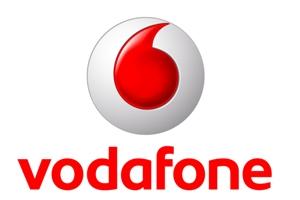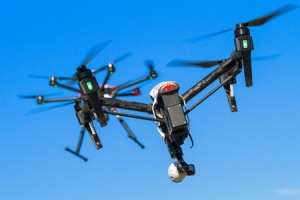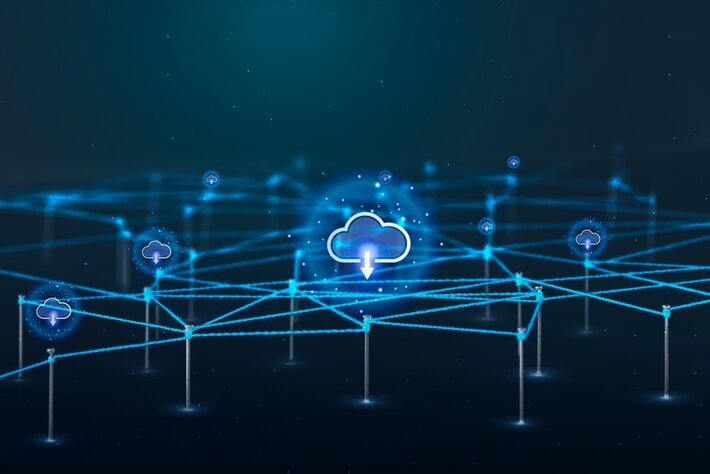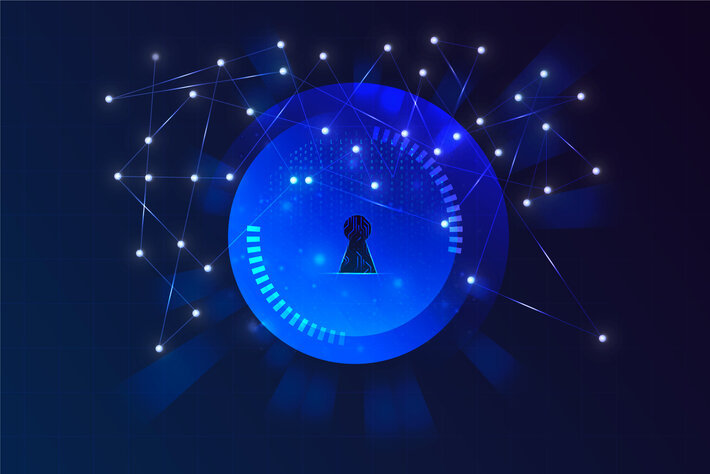Vodafone has announced the start of trials of the world’s first air traffic control drone tracking and safety technology. Vodafone’s approach uses 4G Internet of Things (IoT) technology to protect aircraft from catastrophic accidents as well as prevent inadvertent or criminal drone incursions at sensitive locations such as airports, prisons and hospitals.
Commercial civilian drones are too small to be tracked by conventional radar. They present a serious risk to pilots worldwide, particularly in the immediate vicinity of airfields and airports. Drones are also used for criminal purposes such as drug smuggling and delivering contraband to prisoners. Additionally, security and intelligence services are increasingly concerned that terrorists could use drones adapted to carry small but lethal explosive payloads to attack locations targeted using GPS.
The risk to aircraft is growing at an exponential rate. Analysis from the Single European Sky Air Traffic Management Research (SESAR) project indicates that by 2050 drones will log more than 250 million flying hours per year over densely populated areas of the European Union, seven times the cumulative annual flying hours of conventional crewed aircraft.
 The Vodafone IoT drone tracking and safety technology trials support the objectives of the European Aviation Safety Agency (EASA), with whom Vodafone has collaborated. EASA is currently developing new pan-European rules to regulate the operation of drones.
The Vodafone IoT drone tracking and safety technology trials support the objectives of the European Aviation Safety Agency (EASA), with whom Vodafone has collaborated. EASA is currently developing new pan-European rules to regulate the operation of drones.
The new technology developed by Vodafone also enhances the European Union’s potential to become the centre of global innovation in drone technology in line with the European Commission’s “U-space” vision for innovative and safe drone operations.
Pioneering technology
Vodafone has developed the world’s first Radio Positioning System (RPS) for drones. This uses a 4G modem and SIM embedded within each drone to enable:
- real-time tracking of each drone (with up to 50 metre accuracy) by drone operators and authorised bodies such as air traffic control;
- over-the-horizon/beyond line-of-sight control by the operator, greatly reducing the risk of accidental incursions when operators lose sight of their drones;
- protective geofencing, with drones pre-programmed to land automatically or return to the operator when approaching predetermined exclusion zones (such as airports and prisons);
- emergency remote control intervention to provide the authorities with the means of overriding a drone operator’s control to alter a drone’s flight path or force it to land; and
- SIM-based e-identification and owner registration.

4G mobile networks operate with long-established and proven security systems, including strong end-to-end encryption over-the-air from SIM to base station. RPS location data is significantly harder to hack or spoof than GPS location data, and the data connection used to control the drone offers the operator significant advantages over current drone radio control protocols including greater resilience and over-the-horizon real-time feedback.
The Vodafone RPS is combined with Artificial Intelligence algorithms – also developed by Vodafone – to enable very large numbers of drones to be tracked and controlled remotely. Vodafone has placed its RPS research and associated intellectual property in the public domain with no licensing fees for re-use in order to accelerate the pace of drone safety and geolocation innovation worldwide.
In a preliminary trial in late 2017 – the first of its kind in the world – Vodafone used its 4G network to control a 1.3 metre wingspan, 2 kilogram X-UAV drone. Throughout the preliminary trial – which took place over a 32-kilometre course around the town of Isla Mayor, near Sevilla in Spain – the drone transmitted a real-time HD video feed and flight data including speed, RPS location and GPS coordinates.
Further trials, which will be coordinated with the relevant authorities, are now being scheduled in Spain and Germany through 2018 with the intention of making the Vodafone drone tracking and safety technology available for commercial use from 2019.
The technology behind RPS will also be utilised to boost the functionality of other IoT devices in future – from luggage tags to bicycles. RPS could support, or replace, GPS in some IoT devices, enabling better location tracking, particularly indoors, the creation of smaller devices and enhanced security.
Vodafone Group chief technology officer Johan Wibergh, said: “This groundbreaking innovation by Vodafone will help to ensure the skies stay safe as drones become ubiquitous, everywhere.”
Deputy director general of the European Commission Matthew Baldwin said: “The Commission supports all trials aimed at realising our U-space vision for safe commercial drone operations in the EU – there is a growing network of demonstrations and projects across the EU. We look forward to hearing the results of Vodafone’s work.”
Yves Morier, principal advisor to the Flight Standards director, EASA, said: “We welcome Vodafone’s focus on developing new approaches to ensure safe and responsible drone use.”
Comment on this article below or via Twitter: @IoTNow_OR @jcIoTnow










